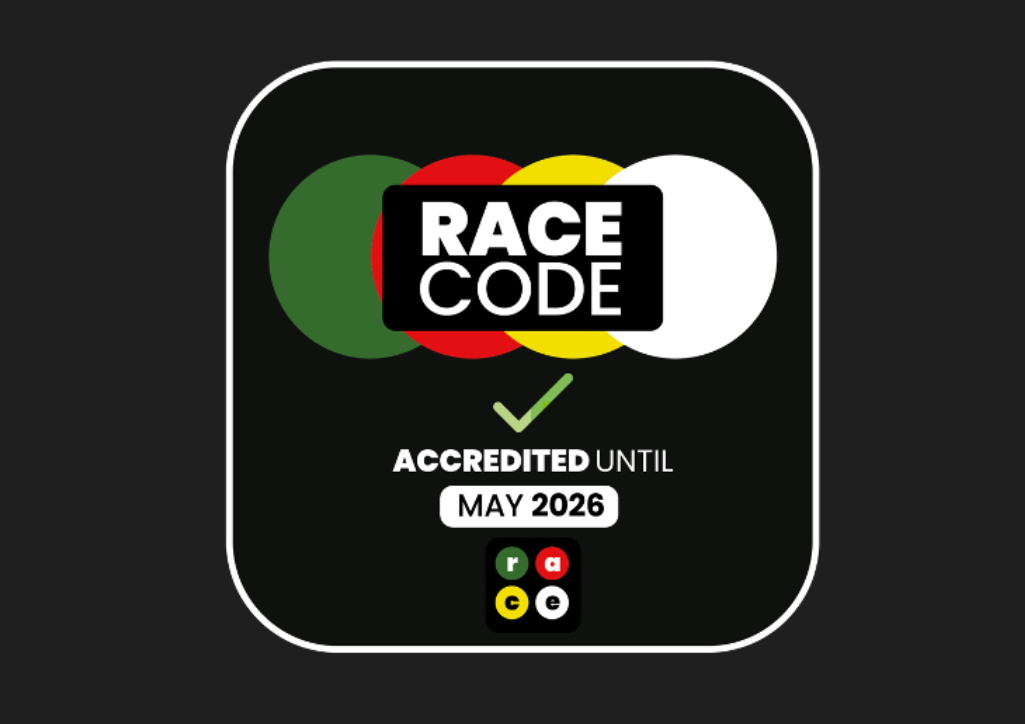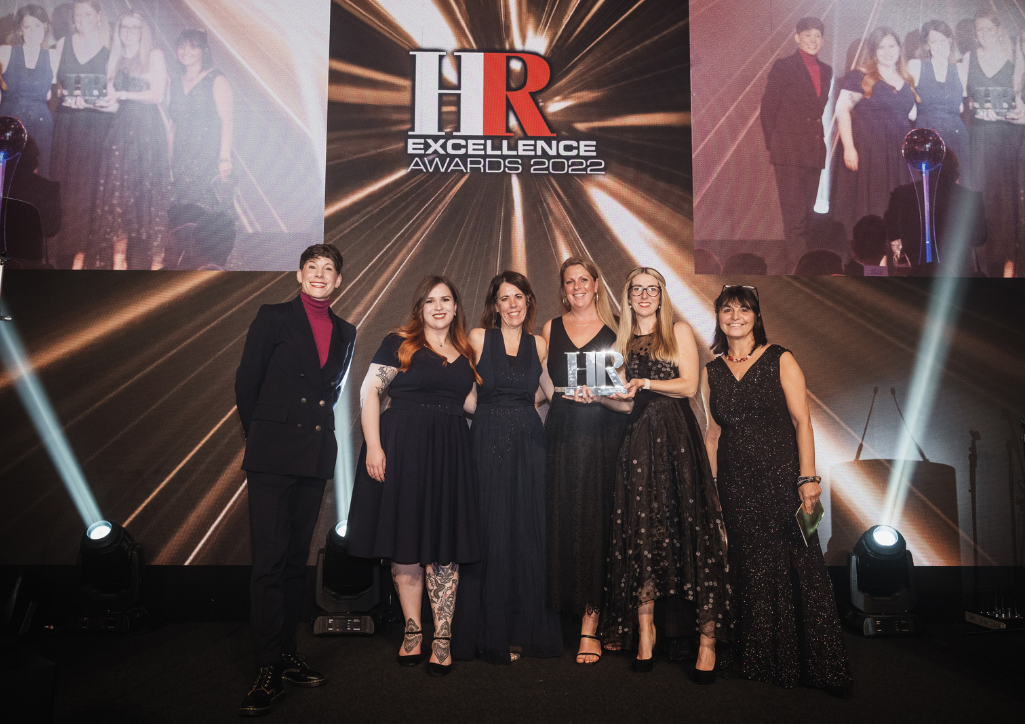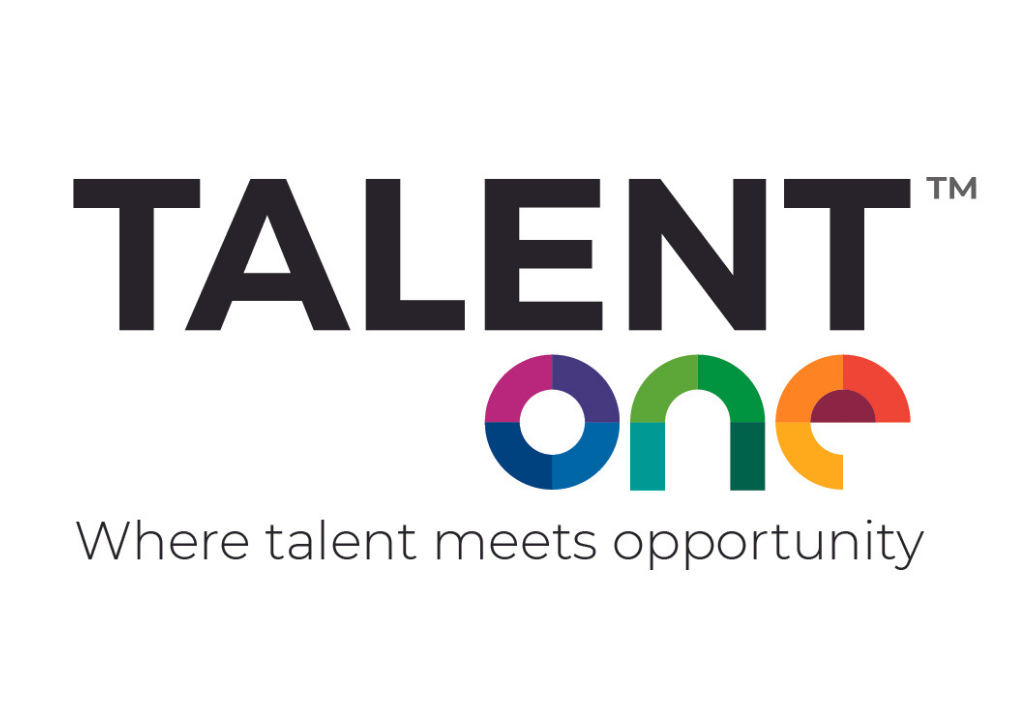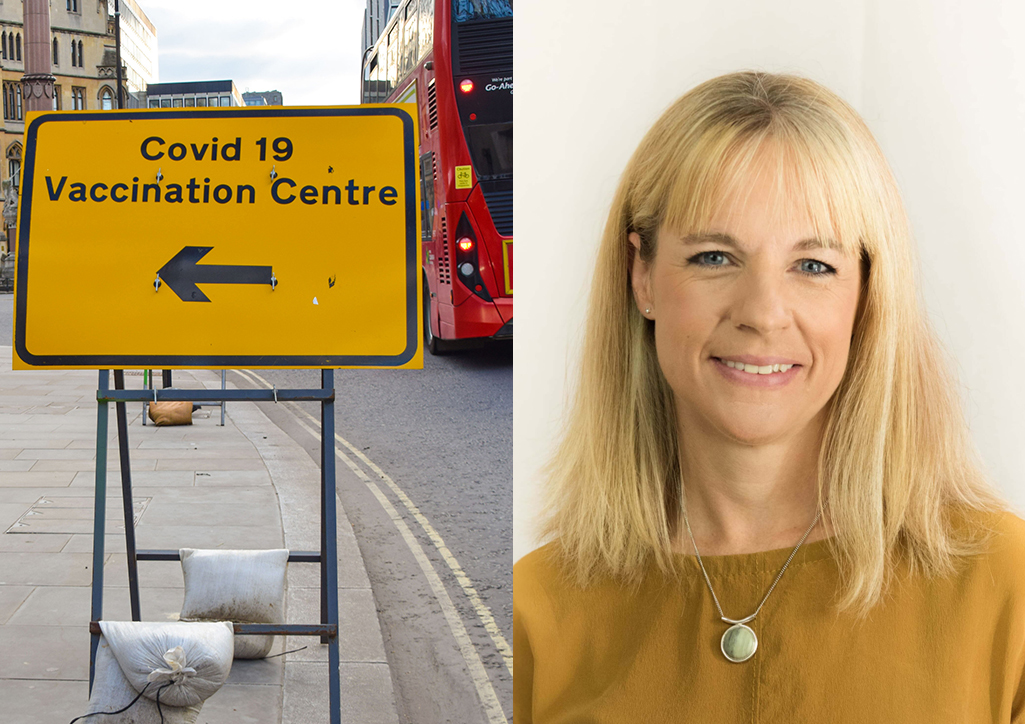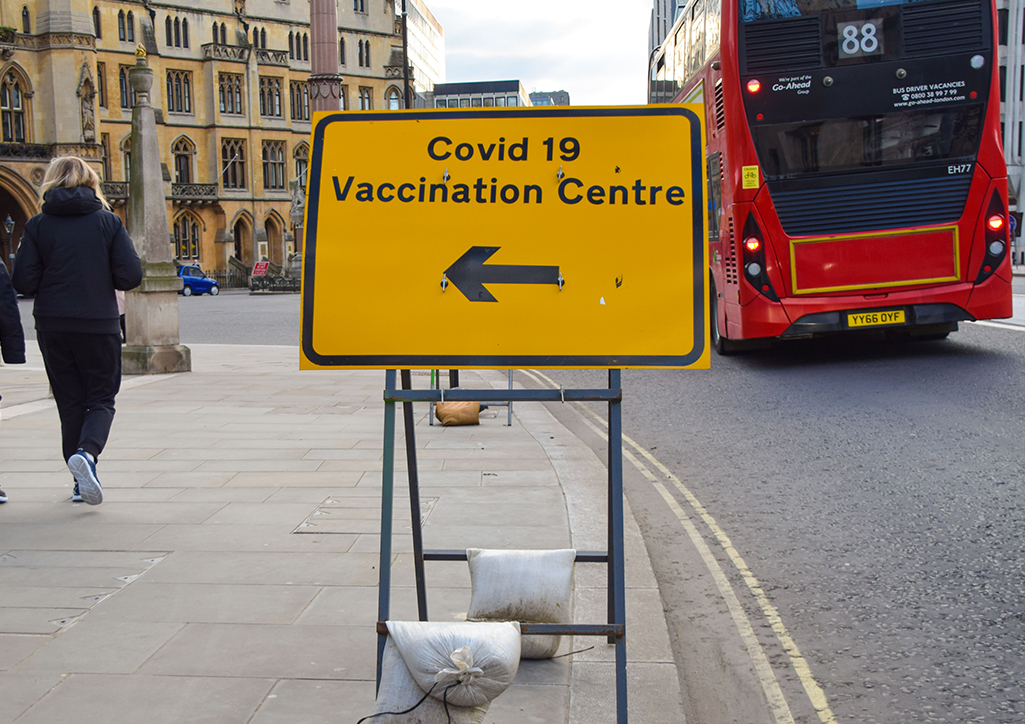As numerous 16 and 18 year olds in England receive their GCSE and A level outcomes, we have been contemplating whether the NHS features in the future plans of individuals from Generation Z as they step into the next stage of their education or enter the world of work. Within this blog, we delve into the Train element of the NHS Long Term Workforce Plan, by investigating the potential of Gen Z as the answer to our workforce challenges.
Since the release of the Plan, discussions surrounding recruitment strategies and the need to attract younger generations, particularly Gen Z, have been gaining attention. With an aging workforce, low unemployment rates, projected healthcare worker shortages, and skills gaps, it is crucial for the NHS, as the largest employer in the UK, to explore ways to appeal to the talent it urgently requires.
By 2025, nearly 40% of the working-age population will consist of individuals aged 18 to 24, whose expectations differ greatly from the previous baby boomer generation. Gen Z is the most ethnically diverse cohort, born into a technology-driven world, and highly concerned about issues like climate change, shifting finances, and the impact of Covid-19. They prioritise purpose, accountability, social progression, and seek a more balanced economic landscape. Health and wellbeing, with emphasis on mental health, and work-life balance are also important to them. In pursuit of this Gen Z expect to have high levels of flexibility, variety and opportunity for part-time work, secondments, sabbaticals portfolio roles and other similar opportunities.
Considering this profile, one might assume that careers in the NHS would be appealing to Gen Z. However, engagement efforts are falling short, and the employee value proposition (EVP) is not speaking to this generation. To bridge this gap, we must focus on strategies like strengthening our online presence, utilising digital promotion, and forging partnerships with local authorities, social housing, education, and the voluntary sector at a system or regional level. Understanding the desires and needs of this talent pool is crucial, with a shift towards emphasising equitable and varied opportunity, sustainability, climate change initiatives, flexible and agile work options, varied career paths, and comprehensive health, wellbeing, and financial inclusion support.
Merely capturing interest through an enhanced EVP and engaging platforms like TikTok is not enough. The NHS must ensure a streamlined, digitally enabled, and mobile-friendly application process that is efficient and offers interactive content during onboarding. Managers need to comprehend Gen Z’s motivations, work preferences, and expectations of success. Accessible on-the-job skills development opportunities should be maximised, avoiding unnecessary prerequisites for roles. An agile, creative, and collaborative approach to job design and delivery is vital to attract, train, and retain the next generation of NHS heroes. In essence, the NHS must embody its new EVP and live up to its promises.
NHS Midlands and Lancashire CSU (MLCSU) is actively embracing new ways of working to foster inclusivity and responsiveness as a key part of its culture. As part of this progressive mindset, we are evolving our recruitment approach to bolster our ability to attract and retain exceptional talent including these new entrants to that talent pool. Key outcomes will encompass the development of an evolving EVP that resonates with the changing needs and expectations of prospective employees. MLCSU will also integrate new technologies and automation into its recruitment processes, while expanding on traditional selection and assessment methods. The overarching aim is to create a more inclusive, efficient, and enjoyable candidate experience, and of course to attract some of those Gen Z heroes!
Contact us to see how MLCSU can help you.
A blog by Adam Burgess-Evans, Deputy Director of People at MLCSU.







